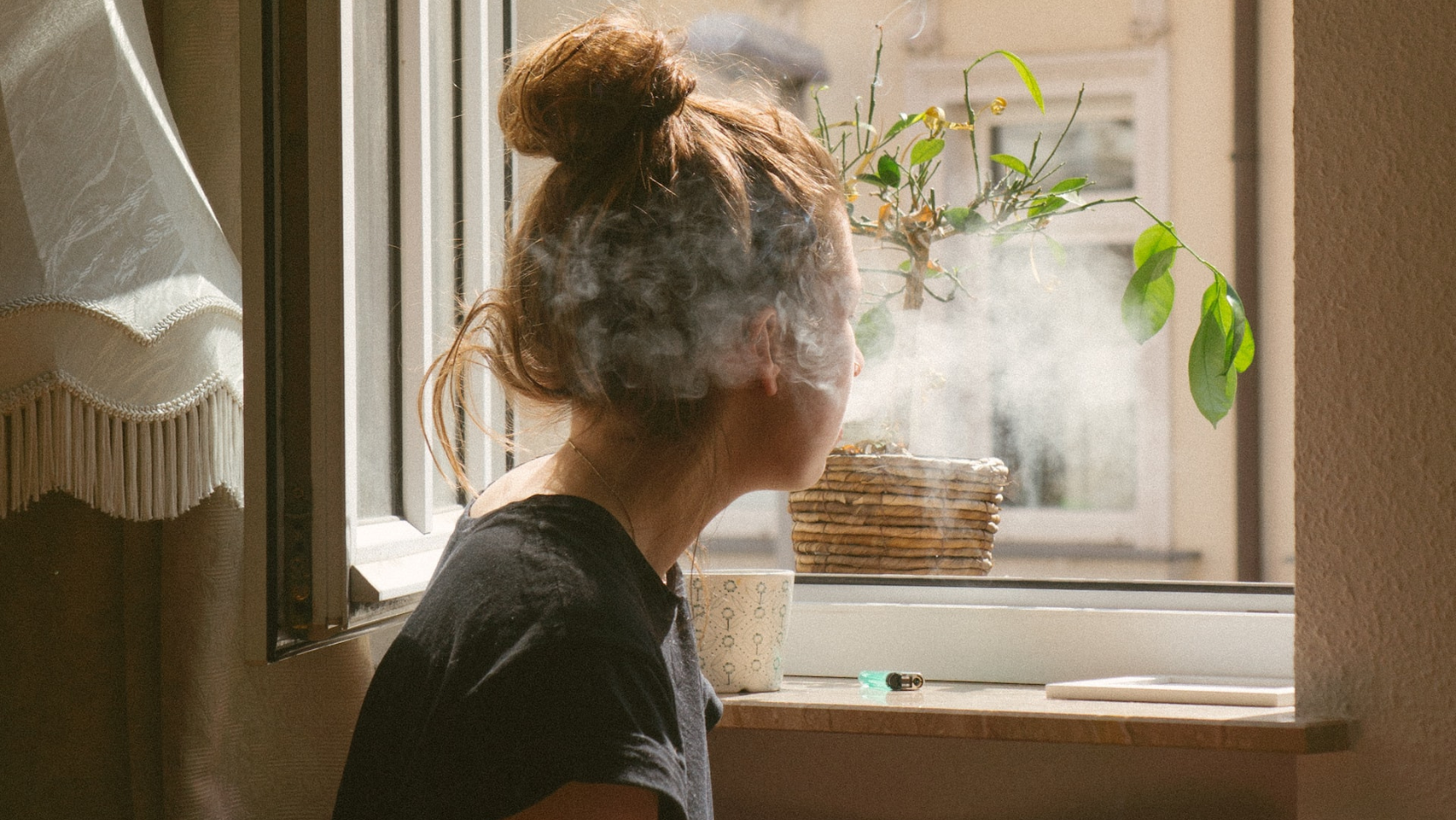Smoking on balconies is the cause of many apartment block disputes. Recently a non-smoking couple took their downstairs neighbours to court to prevent them from smoking on the balcony below. After a protracted dispute, the non-smokers won.
Complaint that smoking on balconies affects health and wellbeing
A Kingscliff couple took their smoking neighbours who lived downstairs to the NSW Civil and Administrative Tribunal, complaining that smoke from the balcony below drifted up to their apartment, affecting their health and wellbeing.
They successfully argued at the tribunal that even when they closed their doors and windows and switched on fans and air purifiers, smoke still came in through the air vents, irritating their eyes, noses and throats and causing headaches, sneezing and restless sleep.
During strata mediation the smokers sought to be allowed to smoke on their balcony if the wind was blowing stronger than 10 kilometres per hour, which should serve to blow the smoke away from their upstairs neighbours.
The smokers argued there was a prejudice against smokers, that there was no evidence their smoking was harming the health of their neighbours, and that the non-smokers were motivated by a desire for control.
The case dragged on for more than a year, with an initial tribunal hearing which the non-smokers won, an appeal which they lost, and a final hearing which they won. (Please see Bad news for smokers living in apartments after tribunal win, 29 December 2022.)
Smoking on balconies causes many apartment disputes
Smoking and other things like smelly cooking, noise and pets cause the most disputes in apartment living.
Smoking on the property is listed as a nuisance under the NSW Strata Schemes Management Act 2015.
Section 153 states that an owner or tenant must not cause a nuisance or hazard to the occupier of any other lot, or interfere with the use or enjoyment of the common property.
It singles out smoking as a particular problem, stating: “Depending on the circumstances in which it occurs, the penetration of smoke from smoking into a lot or common property may cause a nuisance or hazard and may interfere unreasonably with the use or enjoyment of the common property or another lot.”
No legislation specifically targeting smoking on balconies
However, there is nothing in the Act which specifically bans smoking in apartment blocks. Announcing an update to the law in 2015, the government said it was up to owners’ corporations to use strata scheme by-laws to regulate or ban smoking by lot owners, tenants or occupiers.
This had not been done in the Kingscliff case, so the non-smokers could not point to any by-law that had been breached by the smokers.
Allowing the appeal against the first decision, the Tribunal Appeal Panel said it had not been based on any evidence produced to the tribunal that second-hand smoke was a health hazard. (Please see Newport v Pittman [2022] NSWCATAP 150.)
The non-smokers represented themselves at the appeal which they lost, while the smokers were represented by a lawyer, demonstrating why there may be an advantage in having a lawyer present your best case to a court or tribunal.
Ultimately the winners of the case, the non-smokers later told reporters that it was time the NSW government banned smoking in all close-living areas such as apartment blocks.
Smokers are a shrinking minority in Australia. Just 10.7 per cent of Australians were daily smokers in 2020 according to the Bureau of Statistics, down from 37 per cent in the mid-1970s.














